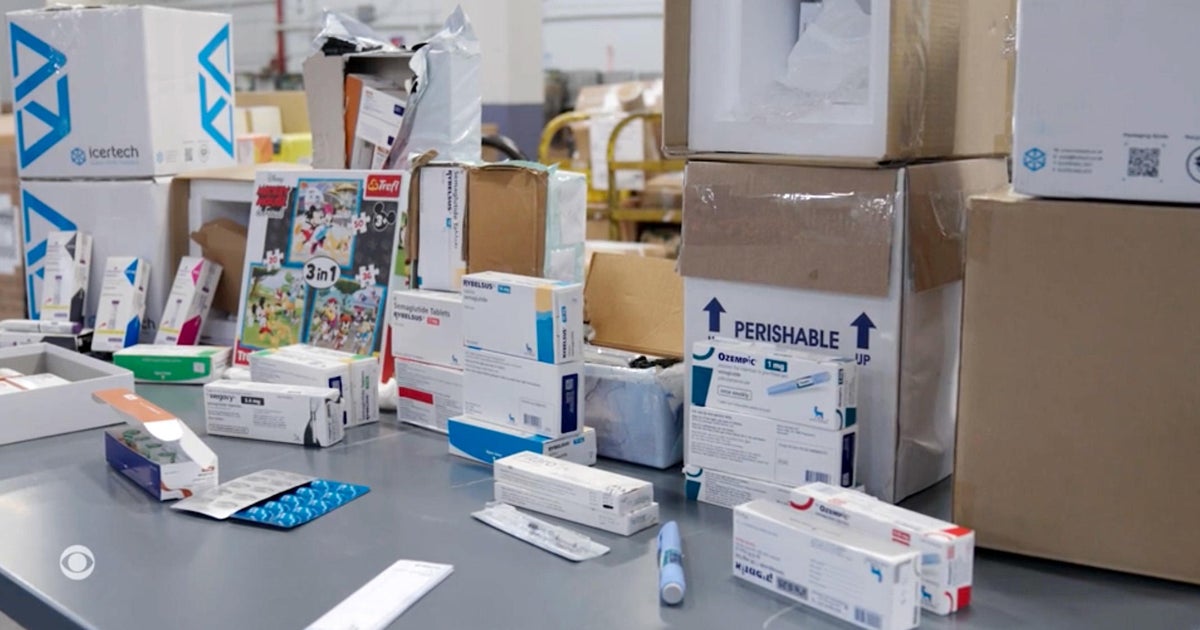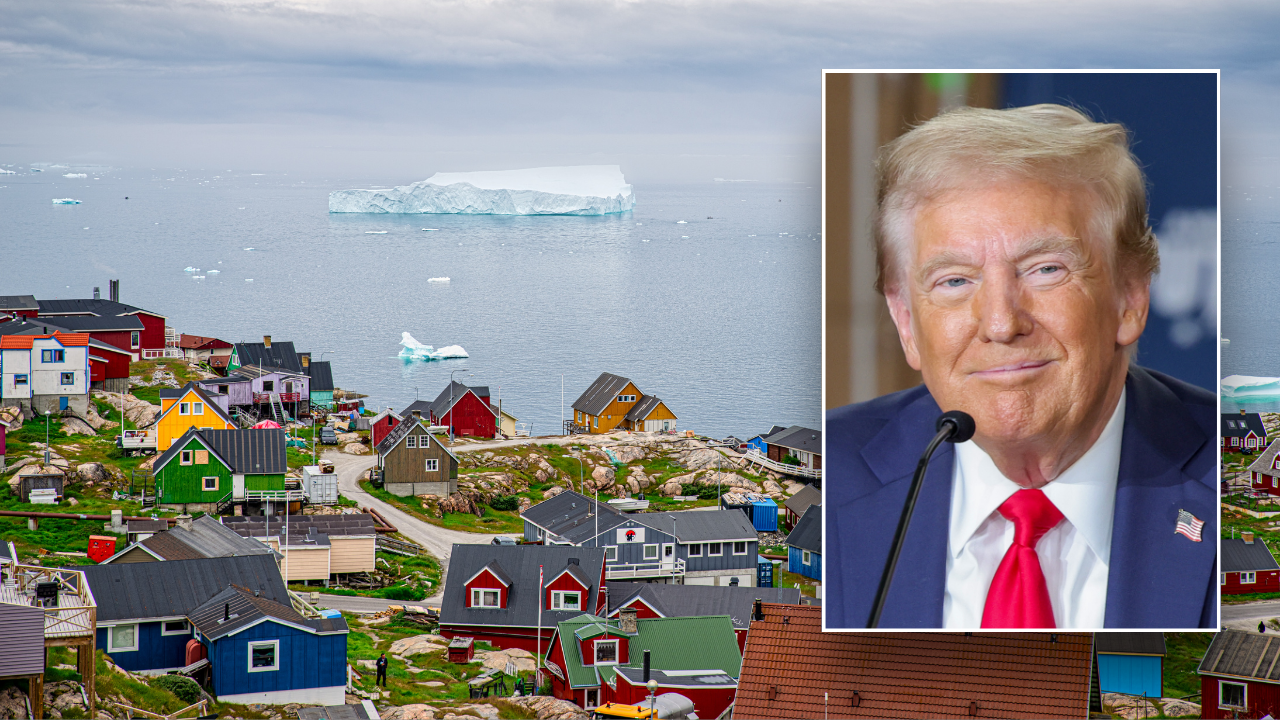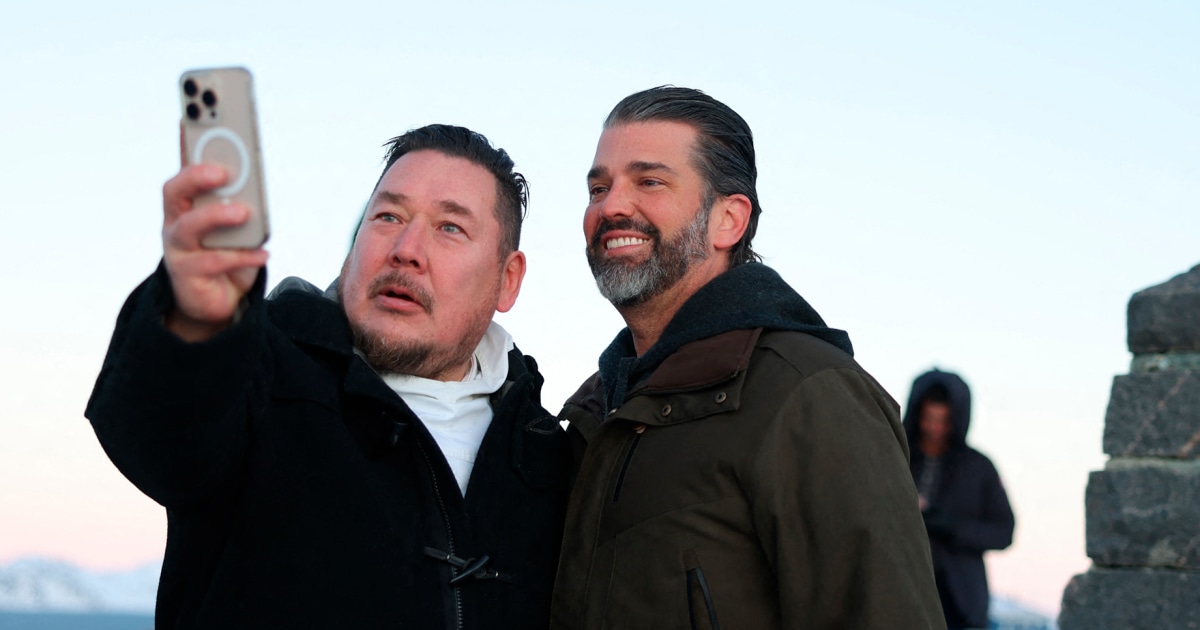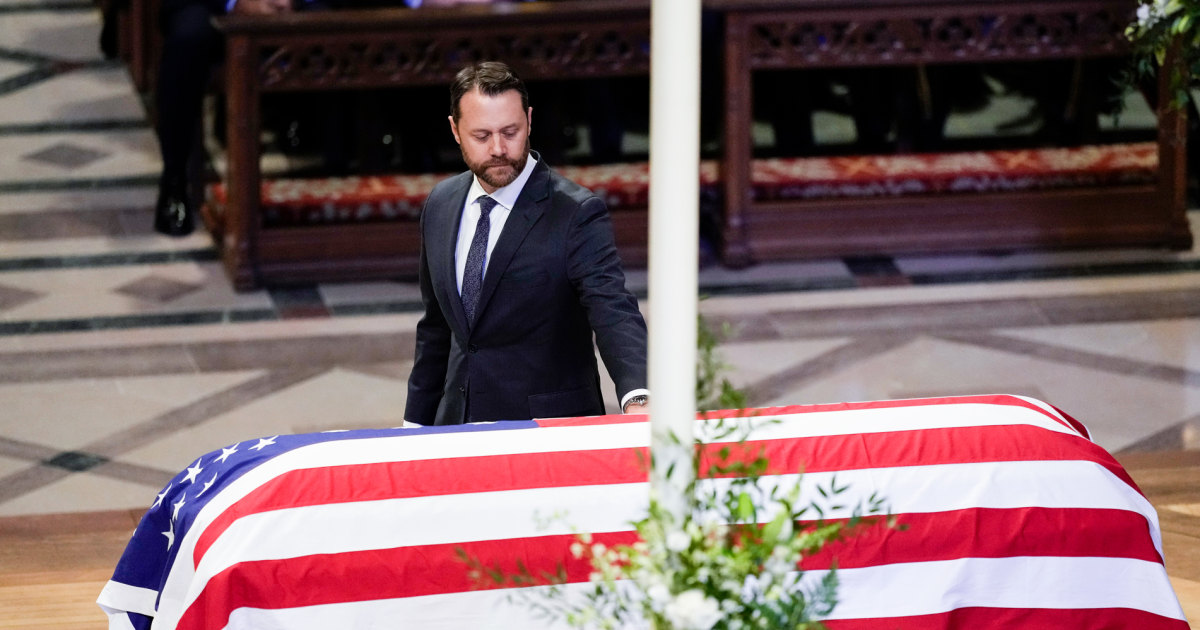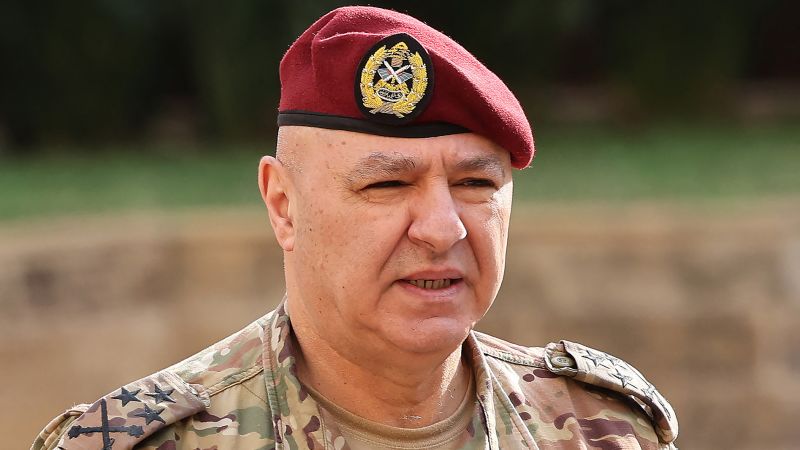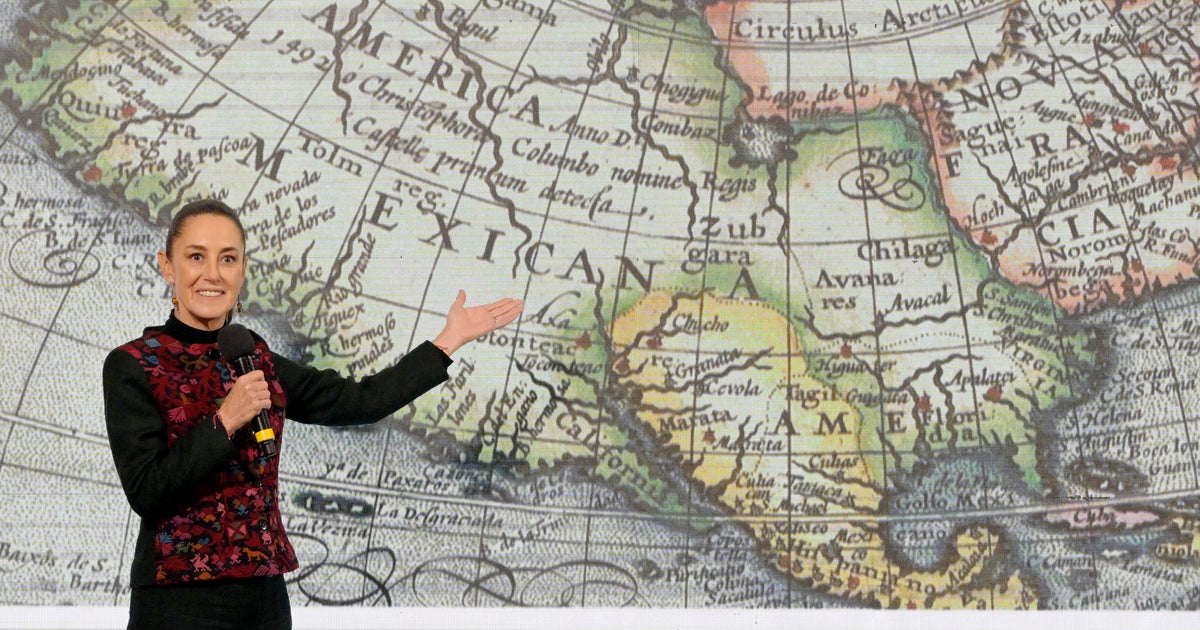Sports
US withholds WADA dues; calls for reforms to global anti-doping watchdog

The move comes in the wake of WADA’s controversial handling of positive doping tests by Chinese swimmers who were later allowed to compete.
The United States has withheld a dues payment of $3.6m to the World Anti-Doping Agency (WADA) for not conducting an independent audit of operations, the US Anti-Doping Agency (USADA) said.
USADA Chief Executive Officer Travis Tygart said on Wednesday his group “fully supports this decision” by the White House Office of National Drug Control Policy “as the only right choice to protect athletes’ rights, accountability and fair competition”.
WADA said the US government owes a total of $3.625m, with WADA’s overall 2025 operating budget at $57.5m.
The move to hold back 2024 WADA dues comes in the wake of WADA’s controversial handling of positive doping tests by 23 Chinese swimmers who were later allowed to compete.
“Unfortunately, the current WADA leaders left the US with no other option after failing to deliver on several very reasonable requests, such as an independent audit of WADA’s operations, to achieve the transparency and accountability needed to ensure WADA is fit for purpose to protect athletes,” Tygart said.
“Because WADA failed to uniformly enforce the global rules in place to protect the integrity of competition and athletes’ rights to fairness, significant reform at WADA must occur to ensure this never happens again.”
In a statement, WADA confirmed the non-payment and noted the move would keep US representatives off its executive board for 2025.
“The World Anti-Doping Agency (WADA) confirms that it did not receive the agreed contribution to WADA’s 2024 budget from the Government of the United States by the deadline of 31 December 2024,” WADA said.
“Under Article 6.6 of the WADA Statutes, Public Authority representatives from a country which has not paid its dues are ineligible to sit on the Foundation Board or the Executive Committee. Therefore, on 1 January of each year, any Foundation Board or Executive Committee member representing a country that has not paid its annual contribution for the previous year automatically loses their seat.”
An investigator selected by the global anti-doping agency said in July that WADA did not mishandle the case involving the Chinese swimmers and reiterated those findings in September.
The US has been the top government paying into WADA’s budget since WADA began in 2000, Tygart said, noting the authority to withhold payment to WADA was established by President Donald Trump in conjunction with the US Congress.
This came in the aftermath of the Russia state-sponsored doping scheme surrounding the 2014 Sochi Winter Olympics.
“As a result of WADA’s failure during this sad saga that ultimately saw Russia rob hundreds of athletes from the US and other countries at the highest levels of competition, Congress passed the Rodchenkov Anti-Doping Act, which President Trump signed into law in 2020,” Tygart said.
That prompted legislation allowing the US government to withhold payment from WADA if, in Tygart’s words, “it did not act in a fair, effective, and transparent manner.”
Tygart said the non-payment of dues will have no effect on US athletes or their right to compete in events worldwide.
“The non-payment will have no impact on the current anti-doping program in the US and USADA will continue to robustly implement its WADA Code program so that all US Olympic and Paralympic athletes’ rights are protected,” Tygart said.
“We need a strong and independent WADA and we will continue to work with all stakeholders in the US and internationally to ensure the global system delivers on the promise of clean sport to the world’s athletes.”
Tygart also highlighted major events coming to the US in the near future, including the 2026 FIFA World Cup and 2028 Los Angeles Summer Olympics.
“Now is the time to get WADA right to ensure these competitions on US soil are clean, safe and a pageantry of fair competition in which we can all have faith and confidence,” said Tygart.

